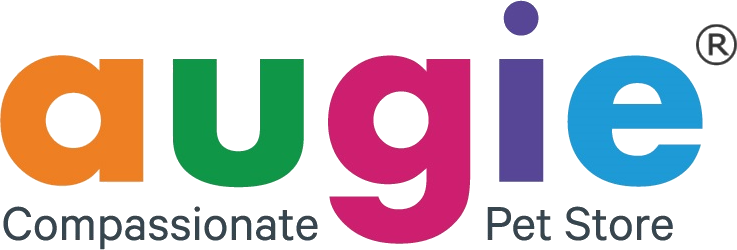Top ways of handling pets
Common Mistakes pet owners make
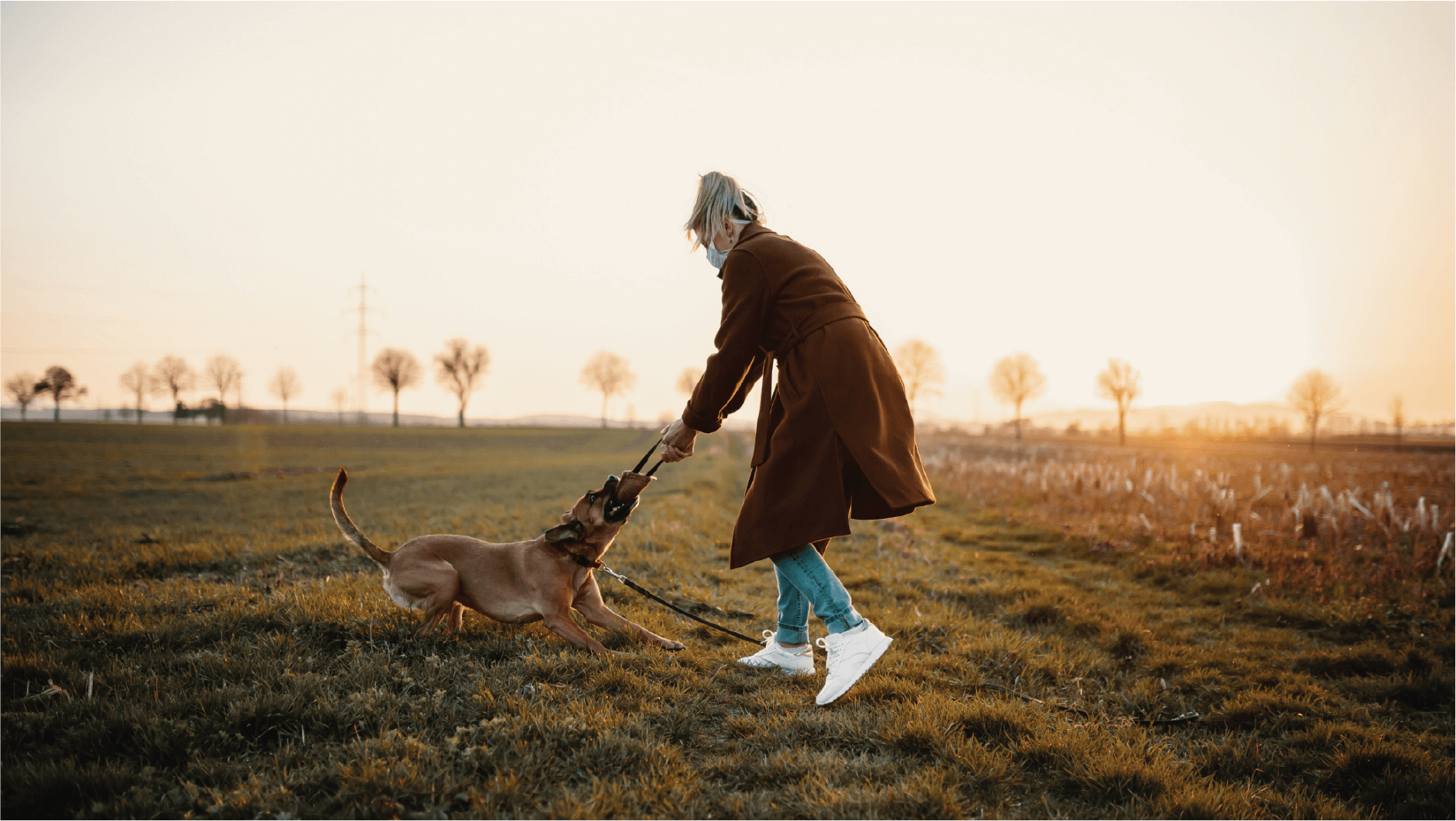
Adopting a pet is exciting, especially if you don’t have that much experience in handling pets. It opens a whole new world of love and care for an animal like no other.
Getting your first pet, and handling them for the first time, gives you a significant lifestyle change and comes with many challenges of its own.
They may make your life challenging if you don’t offer them regular direction, consistent training, and enough exercise.
While having a furry buddy in your life is a delight, handling a pet also comes with a level of responsibility. Because animals cannot care for themselves, you are solely responsible for their health, happiness, and well-being.
It’s not always simple when it comes to handling pets to live their best life as a pet owner. Regardless of whether you have a dog or a cat, they may as well be considered one of your children, and you must undoubtedly spoil and care for them.
However, because your pet is so important to you, it must be in good health.
Why pets need our care
Having a pet can be great for our health. Animals are always happy and lighthearted, and they always make us laugh.
Additionally, they teach us how to be kind and empathetic, to love unconditionally, and to enjoy life to the fullest. A dog in the right home is like an extension of the owner: they take care of their owner and care for each other.
If you have a dog, he becomes your partner, and you're not just a slave to your cell phone anymore. However, we also need to remember that we have to give our pets a chance to live their best lives. They require a lot of love and care.
If you don't provide them with constant guidance, consistent training, and sufficient exercise, with proper animal handling techniques they can make your life quite difficult and make it bad to describe your experience handling pets.
10 proper ways of handling pets
1. Trips to the vet/ Skipping regular checkups
Cats and dogs have adapted to disguise pain and sickness by putting on a brave front. Unfortunately, that implies that they're in agony when you discover something is wrong and can't disguise it any longer.
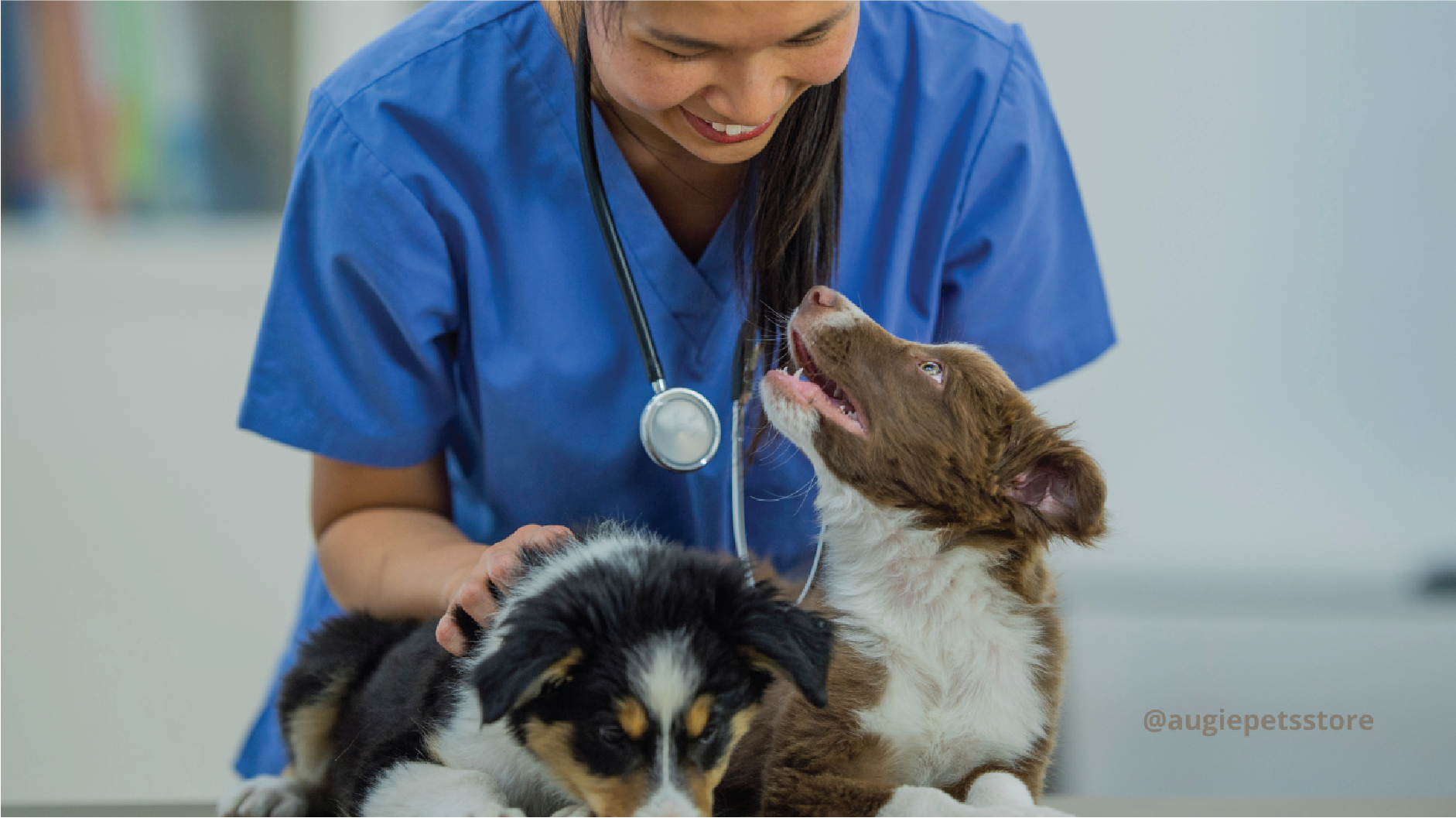
Your veterinarian is qualified to recognize the subtle signs of a disease or sickness. Minor symptoms, such as changes in breathing, heart rate, eyes, and even tiny swellings, can be detected during regular wellness checkups by your veterinarian. Veterinarians are pros in handling pet.
Veterinary check ups regularly can help your pet enjoy a long, healthy, and happy life. Annual or biannual checkups catch growing health concerns early and help you extend your pet's life with you.
Early identification and action allow your veterinarian to treat a disease in its early stages, then control it with medication or simple lifestyle modifications.
Your veterinarian can also provide you advice on how to assist you in handling pets in living the healthiest life possible and avoiding medical problems.
How to avoid:
Schedule your calendar accordingly, to plan for vet visits. Make sure you're your pet's checkups are regular.
2. Not prioritizing training/ lack of physical exercise
Consult your veterinarian before beginning an exercise regimen for efficient handling pet.
Schedule an appointment with your veterinarian to determine how much and what sort of exercise your pet need.
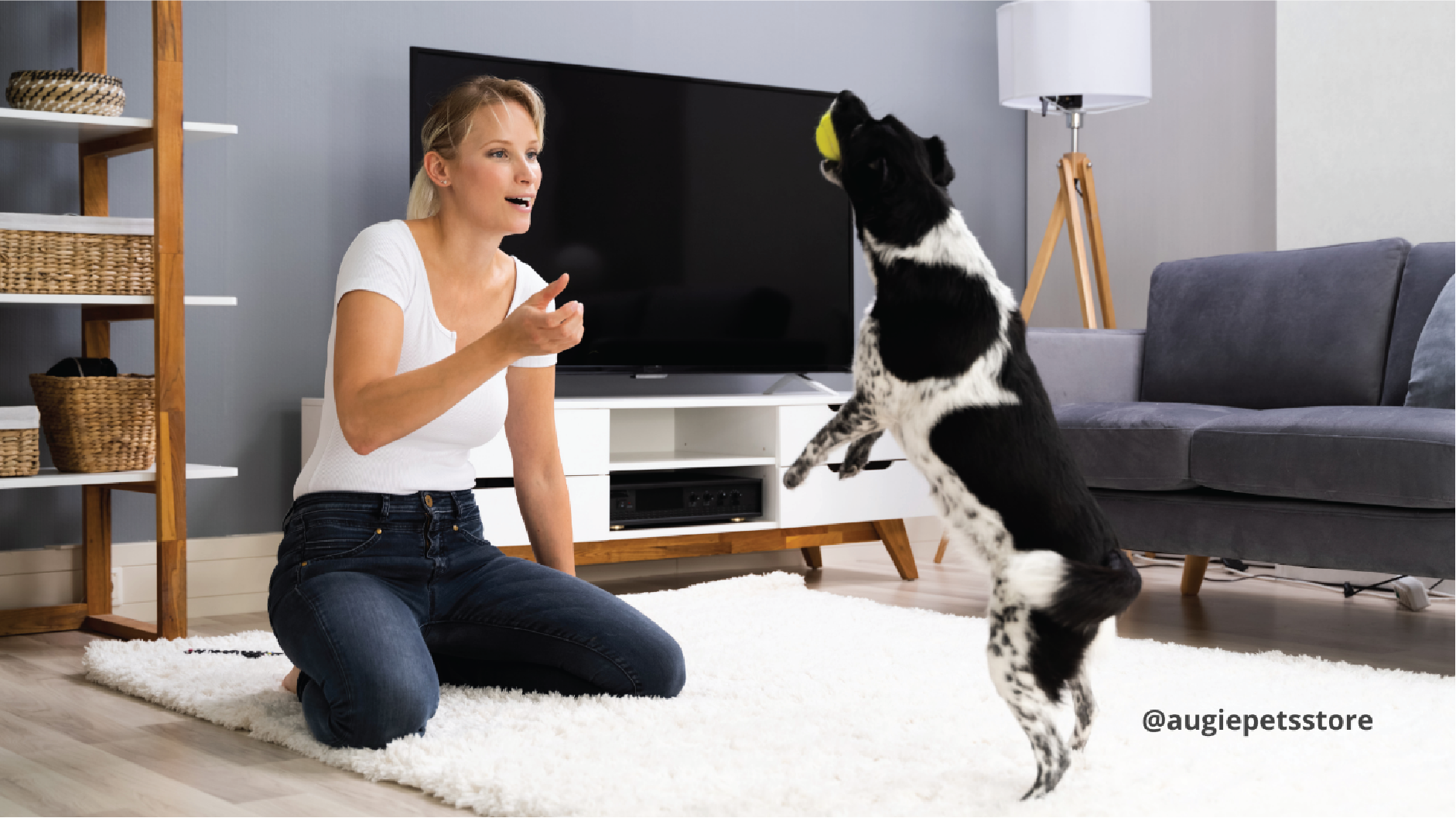
Pets require exercise for a variety of reasons, in addition to the health benefits. It encourages them to expend energy, making it simpler for them (and you!) to get a good night's sleep.
Exercising a pet's brain can also be beneficial. That is why many animals like sports such as chasing a ball. Games allow them to exercise both their muscles and their minds.
Even indoor games provide pets with the daily dose of mental and physical simulation needed to keep themselves healthy.
How to avoid:
Set some time aside every day to give your pets some exercise. Providing your pet with all your attention during this time will also increase your bonding and get you closer to your beloved pet.
3. Avoiding socialization
One of the common mistakes dog owners make is not socializing their dogs enough. Dogs are very social animals. They know it when they receive love, and they are masters of reciprocating it back.
A dog who hasn't been exposed to good new experiences is more likely to be terrified of anything unfamiliar.
That garbage bag blowing in the air or the garden statuary at the edge of a neighbor's yard may be enough to make the dog flee.
Fear frequently masks aggression, so even if a reactive dog appears to be attacking in an aggressive manner, it's conceivable that the display is based on fear.
A dog who was never introduced to handling activities as a puppy is likely to be fearful of grooming since it never learned that a comb isn't a torture weapon.
That makes basic husbandry, like nail clipping and tooth brushing, challenging, if not impossible.
How to avoid:
Dogs can only stay sociable if they are constantly introduced to new people.
Continued positive interactions with strangers reinforce the concept that strangers are good news in your dog's head.
Dogs can only stay sociable if they are constantly introduced to new people. Continued positive interactions with strangers reinforce the concept that strangers are good news in your dog's head.
Make an effort to avoid walking the same path every day. Allow your dog to explore a range of surroundings, including sidewalks and gravel roads.
This will give much-needed cerebral stimulation for your developing canine.
4. Not getting pet insurance
Life is unpredictable enough already, but when you have a pet, it just takes it to another level. Not having a pet insurance might make a huge hole in your wallet in the time emergency.
To properly engage yourself in handling pet. That is why it's always advised to be prepared. In fact, according to recent research1 from insurance market specialists Consumer Intelligence, more than half of pet owners think that not having insurance is too dangerous given the possible expenses of treatment.
Despite worries about the many plans offered and the terms and circumstances, 53 percent of those polled believe not ensuring their pet is too much of a worry.
Around two-fifths of pet insurance clients (41%) perceive plans to be perplexing.
How to avoid:
Get a pet insurance with a trusted company as soon as possible. This gives you a plus when it comes to handling pet and your pet the advantage and courage to face any problems that may arise.
5. Overfeeding
When you overfeed your pet, there are both short- and long-term risks.
According to Banfield's Applied Research, one in every three cats and one in every four dogs is fat.
Heart disease, arthritis, and diabetes are all connected to these illnesses if their weight is not adequately managed.
As a dog owner, it is your obligation to keep track of your pet's health and responsibility in handling pet because it lacks the ability to reason. You want your pet's quality of life to be as good as possible, and you are free to seek professional pet health guidance.
They are unable to engage in physical activity, such as playing or exercising. As a result, you must do all possible to prevent them from being ill.
How to avoid:
When it comes to food, a dog's size, age, exercise level, and medical problems should all be considered.
It's difficult to keep a dog's diet under control if they get a lot of goodies or eat your leftovers every day.
Dogs are opportunistic feeders, meaning they will eat more than they require if given the chance, viewing food as a valuable resource.
6. Overlooking TICKS
When it comes to how to handle a dog, one of the most important things we need to know about is ticks! Ticks usually lead to ear canal infestations and can cause significant discomfort in both dogs and humans.
These ticks' toxins have the potential to paralyze you. There have been reports of secondary infections caused by larval screwworms.
Q fever, tularemia, Colorado tick fever, and Rocky Mountain spotted fever are all transmitted by Otobius megnini ticks.
Ticks may be found all over the world. Some tick species feed on specific animals, whereas others prey on a wide range of animals, including people.
Depending on the species, blood-sucking behavior differs. Ticks may go for months or even years without eating if the conditions are right.
How to avoid: H
andling pets with ticks can be tricky, the most efficient approach to prevent tick exposure is to keep animals away from tick-infested regions.
Ticks prefer certain microhabitats, such as long grass or the transition between forested and lawned regions. Tick numbers are reduced when these microhabitats are destroyed.
Trimming plants and removing tall grass and weeds can help safeguard your animal. Ticks can be reduced partially by treating plants with insecticides.
7. Not spaying/neutering
When you get a pet, there is a procedure called Spaying/Neutering that is usually done to make your pets infertile. It helps to reduce the population of dogs and help you in properly handling pet.
India alone is said to have a stray dog population of 30- 40 million, and many of these dogs are not given proper treatment.
Male dogs' testicles (or gonads) are removed during neutering, a de-sexing surgery.
Castration refers to the removal of a male dog's testicles, whereas spaying refers to the sterilization of a female dog.
The ovaries and uterus of a female dog are removed in this procedure, which is known as an ovariohysterectomy.
Advantages:
- Spaying your female dog will prevent periods of her being in heat.
- Spaying your dog prevents your female canine from getting pregnant.
- Whether intentionally or accidentally, Breeding can become a significant financial and time-consuming burden for dog owners, which also comes with health risks and responsibilities.
- Paying your dog will eliminate the risk of your female dog developing cancer of her uterus, cancer of ovaries, or reproductive tract.
When these organs are removed, you will have fewer things to worry about regarding your dog's health.
8. Misinterpreting body language
Actions like tail wagging are usually interpreted as happiness. Unfortunately, it may not always be the case.
Sometimes dogs stiffen their tail and move it back and forth to show aggression. Similarly, dogs bare their teeth and growl when they're feeling aggressive, scared, or defensive, but it's also totally normal body language for them to express a play growl, too.
Eye contact might signify different things depending on the human and the dog, like in the prior case.
Humans should avoid making eye contact with puppies they have recently met as a general rule. This nonverbal communication might be regarded as a threat.
Dogs, on the other hand, are known to make eye contact with their owners when they wish to communicate.
They'll even look into the eyes of someone they trust with affection. Yawns aren't just for when dogs are sleepy.
Surprisingly, the reverse is true. When our dogs are worried, confused, or agitated, they frequently yawn.
They can also expand their jaws wide in anticipation of an exciting event, such as a stroll or a vehicle ride. When meeting new people, dogs yawn as a non-threatening soothing gesture.
How to avoid:
Educate yourself! The very first step to buying/adopting a pet is educating yourself about behavioral patterns and basic dog handling techniques. The more you know, the better you get at handling pet. Its also very important to familiarize yourself with safety tools when handling animals.
9. Feeding your cats milk/only vegetarian food
Surprisingly enough, some cats, like people, have trouble digesting lactose, a milk sugar present in dairy.
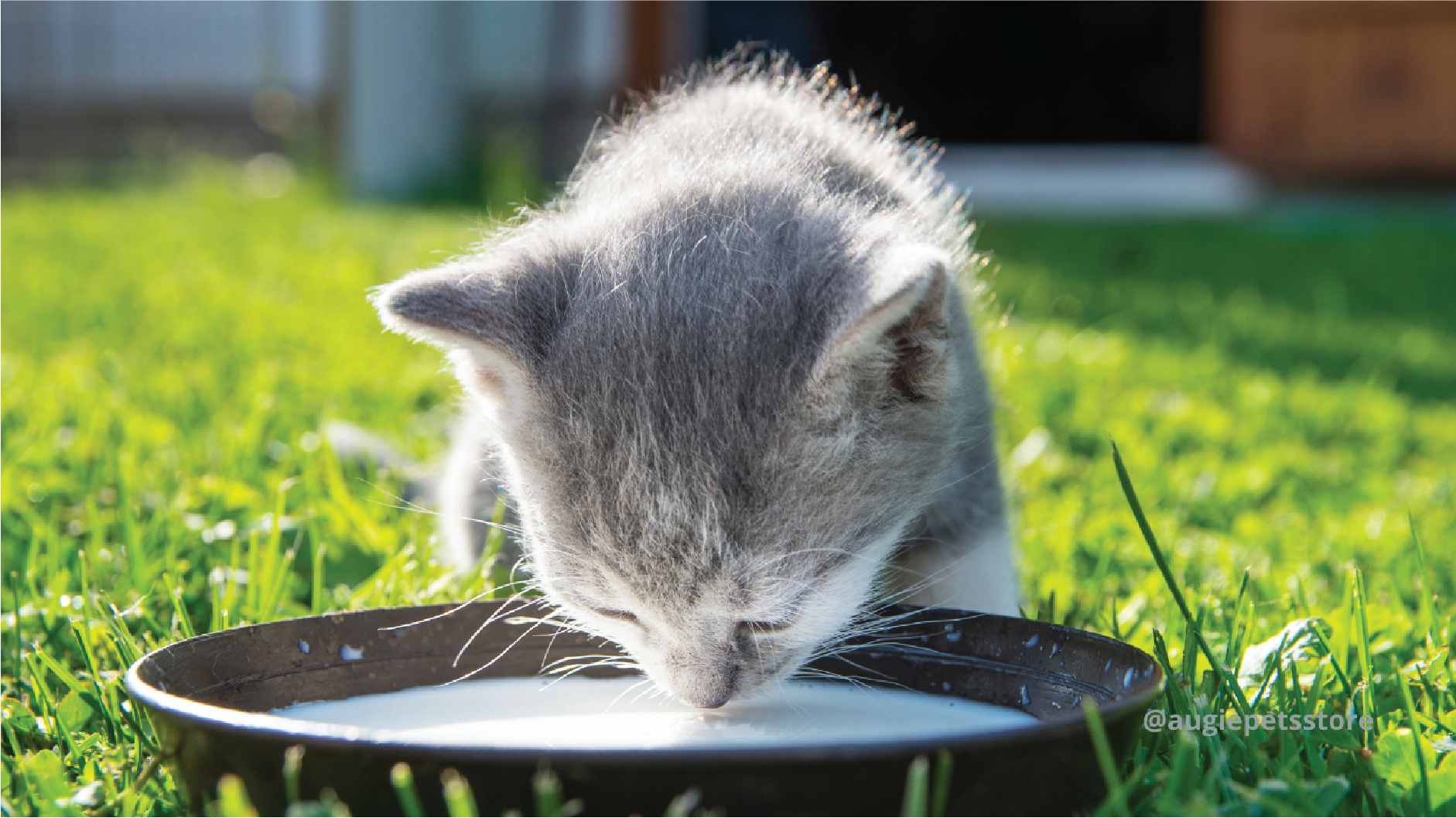
This is because the only period in a cat's life when its body contains enough of the enzyme lactase to digest lactose effectively is when it is born and in its early years. This allows the cat to drink its mother's milk. Following that, lactase production decreases, potentially leading to increased digestive complications.
Cats, unlike humans, cannot thrive on a vegetarian diet. Humans are omnivores, meaning we can eat both meat and vegetables, but cats are obligate carnivores, meaning they must consume meat to survive (or at least thrive).
As a result, unlike humans, cats do not acquire much nourishment from veggies.
How to Avoid:
Make sure your pet gets a balanced diet it is the most important step in handling pet. Canines need meat to survive. A good quality cat food will contain all the essential nutrients to feed your cat and keep it healthy.
10. Physically punishing pets
When you use punishment, it's simply to halt the conduct while you're around.
In fact, the pet may rapidly learn that when you are not around, the conduct does not result in punishment, and may fast learn to stop while you are present and resume when you are not.
Mild reprimand (pushing away, eye contact, talking to the dog) is interpreted by some pets as a kind of attention, reinforcing the undesired behavior.
Another major worry is that using physical punishment (striking, jabbing, pinning, rolling over, or seizing the pet's collar) may inflict unnecessary suffering and increase the pet's anxiety level when approached in the future in a similar fashion. It is one of the most common mistakes at pet.
How to avoid: Instead of penalizing what is undesired, training should focus on teaching the pet the desired reaction to get better at handling pet.
Distraction (such as a loud noise, hand clapping, or a "no") and redirection to a more acceptable activity is the greatest response if you observe your pet indulging in undesired behavior. Describe your experience handling pet.
Some concluding pointers
- Taking your pet regularly to the vet is necessary!
- A proper diet gives a healthy pet
- Learn more about the behavioral pattern before getting a pet
- Don't feed your adult cat milk
- Spaying/neutering your dog will give you and your dog a peaceful life.
How can Augie help you?
We have an ideal mix of Products and Services that can aid you in your efforts to take care of your pets. We work with different pets viz. Dogs / Cats / Other pets
You can reach out to us and we can aid you. Looking forward to working with you
Have a great Day Ahead!!

